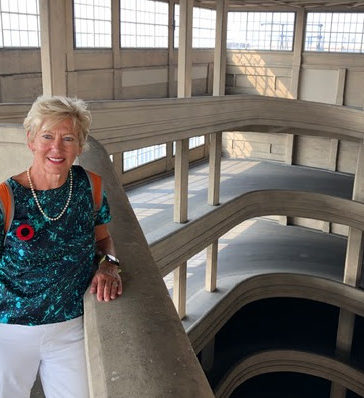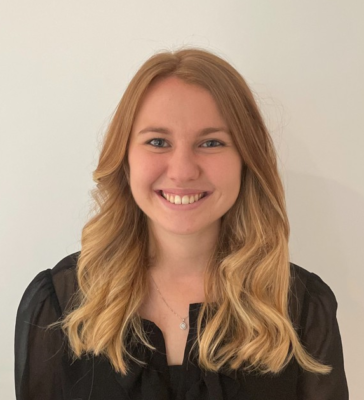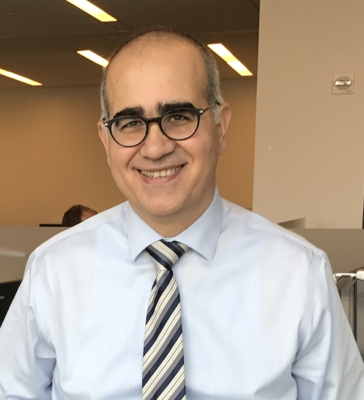
Sue Scott-Gatty
Current Employer/Organisation Name
BAE Systems
What have you been doing since leaving Exeter, and what are you doing now?
I had a career spanning 38 years, working mostly in the defence industry supplying integrated mission systems to the Royal Navy’s ships. I started creating bespoke custom processors for signal processing, including writing the operating system and assembly languages. By the end of my career we were delivering enterprise level technology for the Royal Navy’s Aircraft Carriers – the Queen Elizabeth and Prince of Wales. My roles spanned most of the systems engineering lifecycle to deliver complex integrated systems – from systems architecture through requirements, design, development, integration and test, and in service support. Over time I moved into engineering project management including operations management and business development.
Why did you choose this career? And what do you enjoy most about your work?
I thought that using state of the art technology and methods to deliver systems solutions was attractive and rewarding. I particularly enjoyed making a difference within a team and thus delivering the best solutions and service to our customers in a culture of continuous improvement.
Please tell us if you were a member of any societies, groups or sports clubs?
I worked hard and played hard and enjoyed a lot of what Exeter had to offer socially, musically – they had great visiting bands, as well as the countryside and sea. I was a member of the lacrosse team.
What did you enjoy most about your programme and what was the biggest highlight?
I was the only female in my year in the Engineering faculty and I had a very positive experience being well supported by the academic staff and fellow students. I loved the breadth of the course which allowed me to experience all branches of engineering and thus make an informed choice of which I wanted to specialise in.
What did you enjoy most about studying here?
As well as the breadth and quality of the course, I really enjoyed the social life. I made very many life long friends who I still see regularly and, most importantly, I met my husband at Exeter!
Why did you choose to study at Exeter?
I chose Exeter because it was one of the few Universities that offered Engineering Science and I didn’t want to specialise in one discipline straight away. Also I had heard great reports of Exeter from friends and family.
What skills and experiences have been most useful for your career?
In my field, but I expect in most others, it is important to be open to ideas and be prepared to develop solutions collaboratively. Therefore team building and listening skills are important as are the communication skills to explain and support your solutions. These can then develop into the skills needed for management, mentoring and coaching that all continue to contribute to the delivery of the best solutions.
What advice would you give to a current student who wishes to pursue your career?
Try to understand and evaluate the culture of the companies that you join and ensure that you chose those that allow you to flourish. I had the priviledge to experience an inclusive, collaborative culture, based on meritocracy not hierarchy which allowed all to thrive and deliver the best outcomes. Find and appreciate those that are prepared to mentor you and champion your career. I would also recommend moving companies and roles enough to broaden your horizons and experience. Being prepared to step out of your comfort zone allows you to grow and learn.
What are your plans for the future?
I am retired but I plan to continue to make a contribution to providing sustainable solutions to the global challenges we face specifically those of climate change and the ecological crisis. I am delighted to be a member of the Exeter University Engineering Woman’s Advisory Board as I believe strongly that we need a collaborative, interdisciplinary and systems approach to providing sustainable solutions to these problems and that encouraging a higher proportion of women into engineering will make a significant difference. This is not only so that we harness the talent and capabilities of 50% of our population but also because I know from experience that diversity and inclusivity in teams deliver better, more effective solutions.

